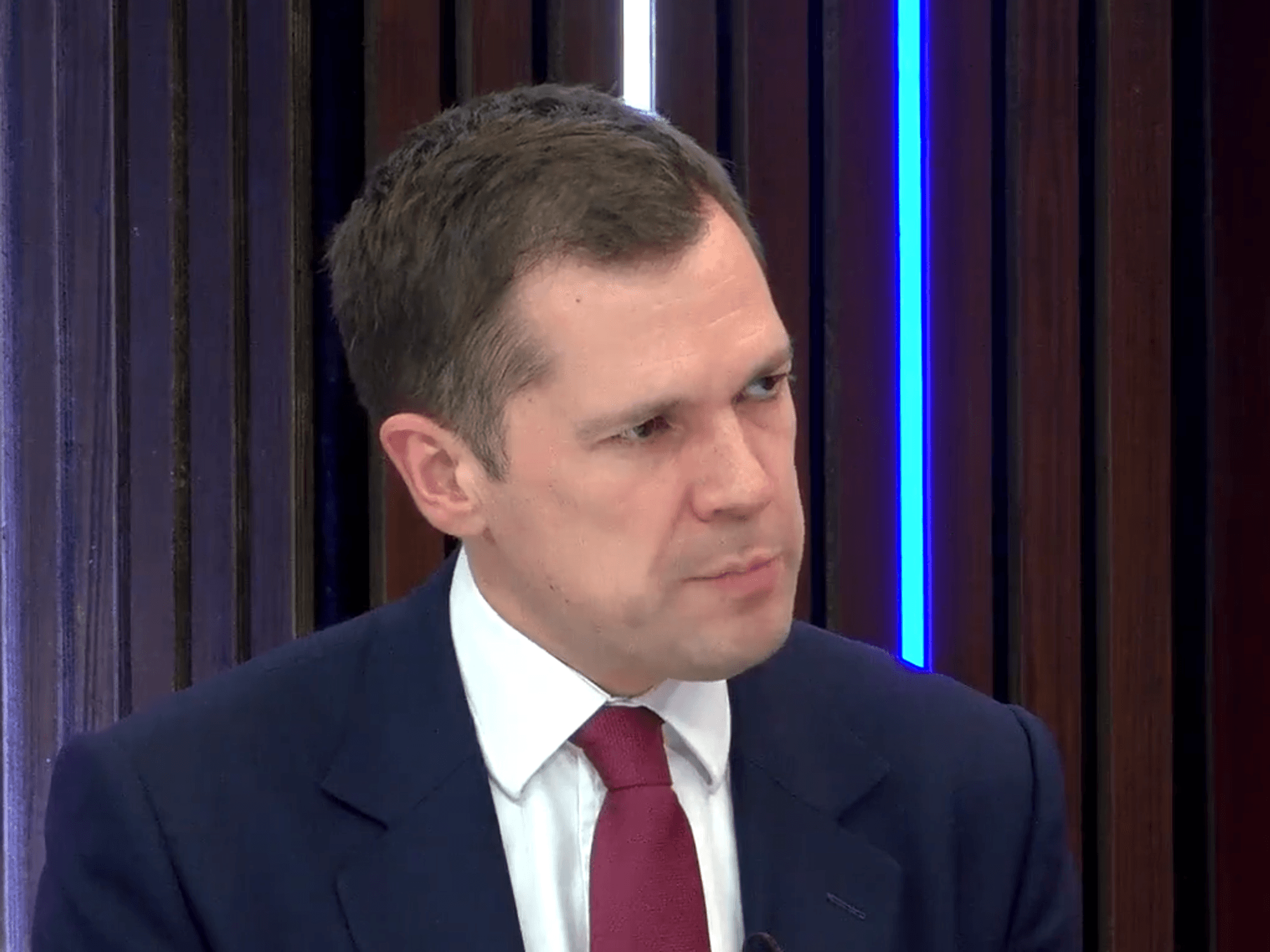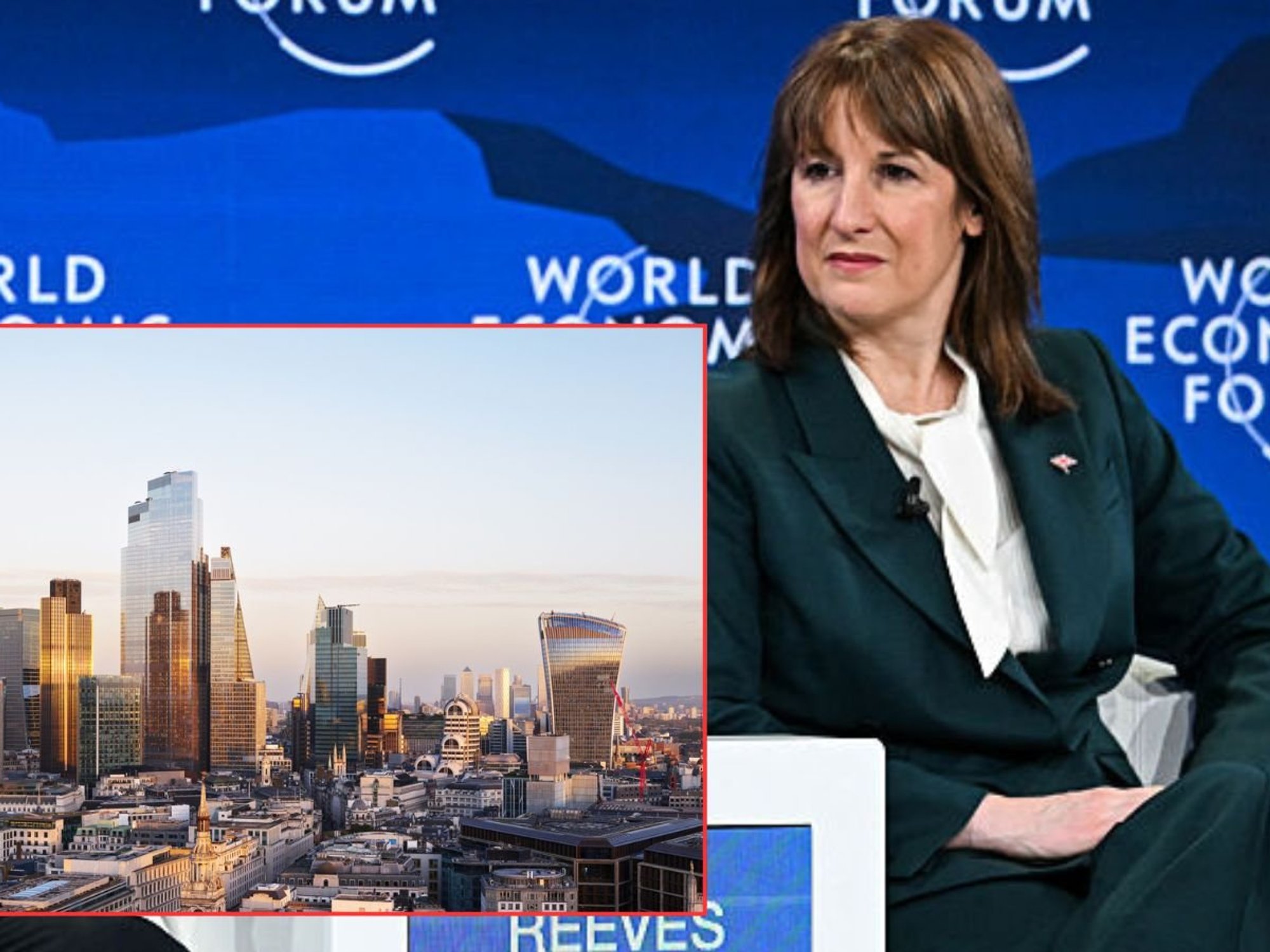NHS nurseries offering 'ideological and unnecessary' gender identity guidance

The guidance is in place for nurseries at hospitals in Sussex
Don't Miss
Most Read
Trending on GB News
Nurseries have been advised to offer gender identity guidance to staff and children, according to an NHS trust's equalities and diversity policy.
The guidance issued by University Hospitals Sussex NHS Foundation Trust also advises avoiding gendered language and grouping boys and girls together.
It outlines that "for the majority of children, the gender in which they are born fits them".
However, there were some children whose feelings did "not match their bodies in terms of expected dress and behaviour", according to The Times.
"This is sometimes known as gender variance or gender non-conformity," the guidance adds.
It also advises nursery staff to "avoid using gender-specific language" as well as avoiding "grouping boys/girls together".
Critics have claimed the advice is unnecessary and could hinder children’s education.
They say it would prevent them from learning vocabulary that applies specifically to men and women.

Staff have been told to avoid using gendered language
| GETTY"Nursery staff and children will not be denied fair and equal treatment of their gender identity," the guidance states.
It further advises that staff or children who want to be known as transgender "will be provided with a supportive environment".
The guidance further states that all areas of the curriculum and resources will be monitored closely to make sure gender stereotypes or transphobic material are avoided.
Two on-site nurseries for children under five are on site at the trust’s hospitals in Brighton and Haywards Heath.
 The nurseries sit in two Sussex hospitals | GETTY
The nurseries sit in two Sussex hospitals | GETTYAmong the critics is Stephanie Davies-Arai, the founder of the parent-led group Transgender Trend.
It has raised issues about the rise of "gender ideology" in education.
"Not using gender-specific language in a nursery setting will delay children’s English comprehension skills," Ms Davies-Arai said.
"Particularly if staff are avoiding using basic words such as man and woman or boys and girls.
"This is ideological and unnecessary guidance."
Ms Davies-Arai said another issue was the risk of encouraging staff to accept without question that a young child was transgender.
"Any three-year-old who professes to be transgender has been taught this by an adult or a much older child, and it should be viewed as a safeguarding red flag," she said.
"Who is telling the child their body is wrong and why? A child who repeats concepts way beyond their understanding is a cause for concern."
Campaign Director at the Sex Matters charity Fiona McAnena echoed those concerns, adding that children "know their own sex and usually everyone else's as well".
"Pretending otherwise is pointless and counter to safeguarding practices," she added.
University Hospitals Sussex NHS Foundation Trust told The Times that the policies "for our nurseries are entirely in line with national guidance, and similar to those found across the country."
"Staff are advised not to use gender-specific terms with the young children in their care, for example, to talk about ‘police officers’ rather than ‘policemen’ — that is normal practice," the spokesman said.
"But the children are of course routinely referred to as ‘girls’ and ‘boys’ — assuming that such terms should not be used is a complete misreading of the guidance, and clearly not correct."
More From GB News











